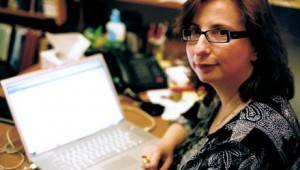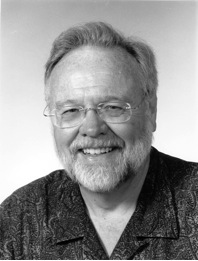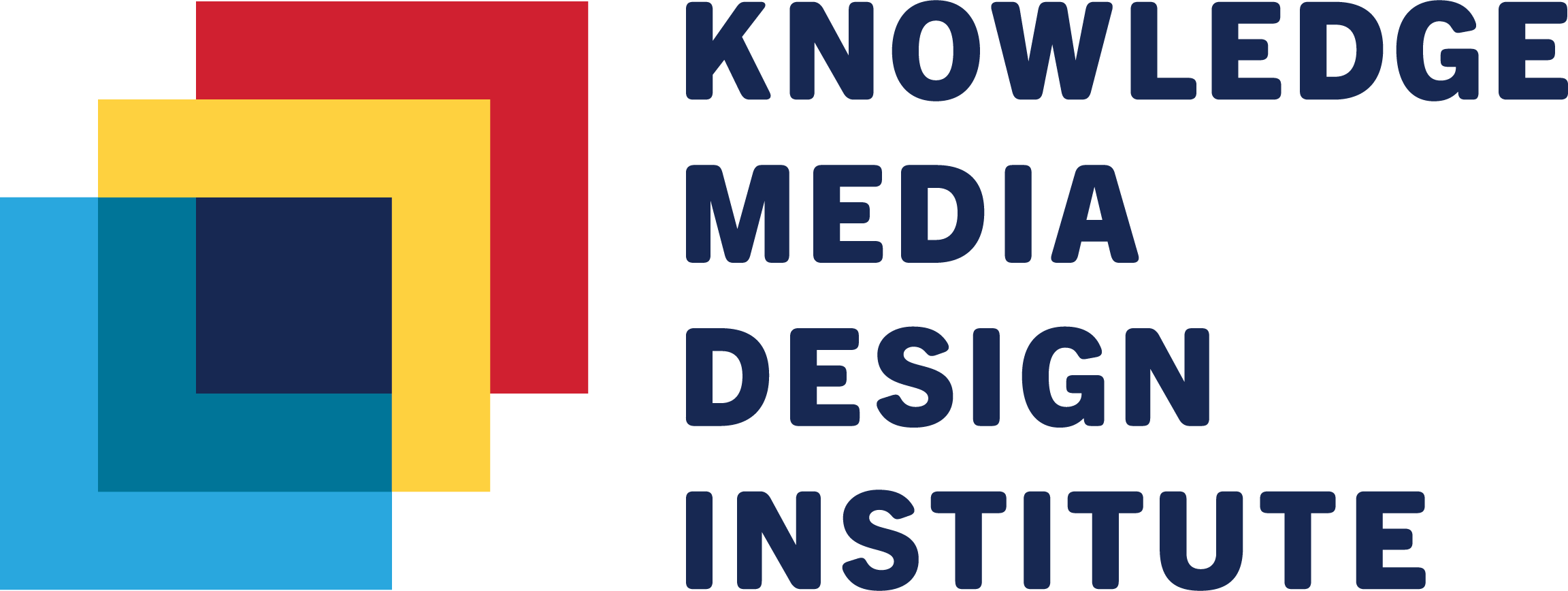1) Friday September 20, 12:00 – 1:00pm: ELENI STROULIA
 Eleni Stroulia is a Professor and NSERC/AITF Industrial Research Chair on Service Systems Management (w. support from IBM) with the Department of Computing Science at the University of Alberta.
Eleni Stroulia is a Professor and NSERC/AITF Industrial Research Chair on Service Systems Management (w. support from IBM) with the Department of Computing Science at the University of Alberta.
Smart Condo – A Sensing Platform and Evaluative Tool for Independent Living
The anticipated increase in the world population, people’s desire to live at home for as long as possible and the shortage of health-care professionals make the need to develop technological supports for people with chronic yet manageable conditions to monitor and take care of their own health. In our work in the Smart Condo, we are developing a sensor-based infrastructure for non-intrusively monitoring people at home and analyzing the collected data to extract information about their activities. The inferred activities can be simulated in a virtual world (OpenSim) and visualized through a web-accessible interface. The platform is also equipped with a simulation component, which enables us to comparatively study alternative deployments. In this presentation, we review our technology and research methodology and we report on the findings of a first feasibility study with two participants at the Glenrose Rehabilitation Hospital.
2) Monday October 21, 5:00pm – 6:00pm: ROBERT WOODBURY
 Robert Woodbury BArch (Carleton, Lieutenant Governor’s Silver Medal), MSc and PhD (Carnegie Mellon) has served on the faculty at CMU (1982-1993), Adelaide University (1993-2001), Technical University of British Columbia (2001-2002) and is now at Simon Fraser.
Robert Woodbury BArch (Carleton, Lieutenant Governor’s Silver Medal), MSc and PhD (Carnegie Mellon) has served on the faculty at CMU (1982-1993), Adelaide University (1993-2001), Technical University of British Columbia (2001-2002) and is now at Simon Fraser.
Alternatives: A New Fundamental Structure for Computer-aided Design
It is beyond reasonable dispute that a central (if not the central) act of designing is to explore in a space of possibilities. Some call it search, some exploration or even sketching, but it is at the core. Designers make many representations on their way to a design that satisfies them. Along the way, even the notion of what will satisfy a situation can change. The iconic sketchbook, in pencil (or ink) remains the principal tool for exploration. In stark contrast, current computer aided design (CAD) tools provide little exploration support (though this is growing) especially in the academic literature. CAD provides relentless single-state systems that bias strongly to working with one model at a time, clever workarounds such as using layers for alternatives notwithstanding. Clearly we need a new way to interact with alternatives. We need tools for multiple alternatives, rapid sketching and exploration over multiple visible, editable alternatives. We have built such a tool, which we call CAMBRIA (after the Cambrian explosion of life) and a language to support alternatives, which we call SHIRO (after spreading mycelium). In this talk I present design arguments for working with alternatives and show how CAMBRIA and SHIRO implement some of these ideas.
3) Monday November 11, 11:00am – 12:00pm: TOM FURNESS
 Professor Tom Furness, Professor & International Director, Human Interface Technology Laboratory, University of Washington
Professor Tom Furness, Professor & International Director, Human Interface Technology Laboratory, University of Washington
Cobwebs in a Virtual Brain
Over a career spanning 48 years, Prof. Furness has been exploring and developing technology for getting bandwidth to the brain and between brains. His work has encompassed fighter cockpits, virtual reality, retinal displays, educational tools, medical simulators, pain, phobias, molecular modeling, scanning fiber endoscopes and entertainment systems. This quest has been punctuated with side trips and ‘aha’ experiences that have led to unanticipated destinations. Dr. Furness plans to talk about lessons learned on his journey including unexpected delights…with an aim to inspire, entertain and challenge.
